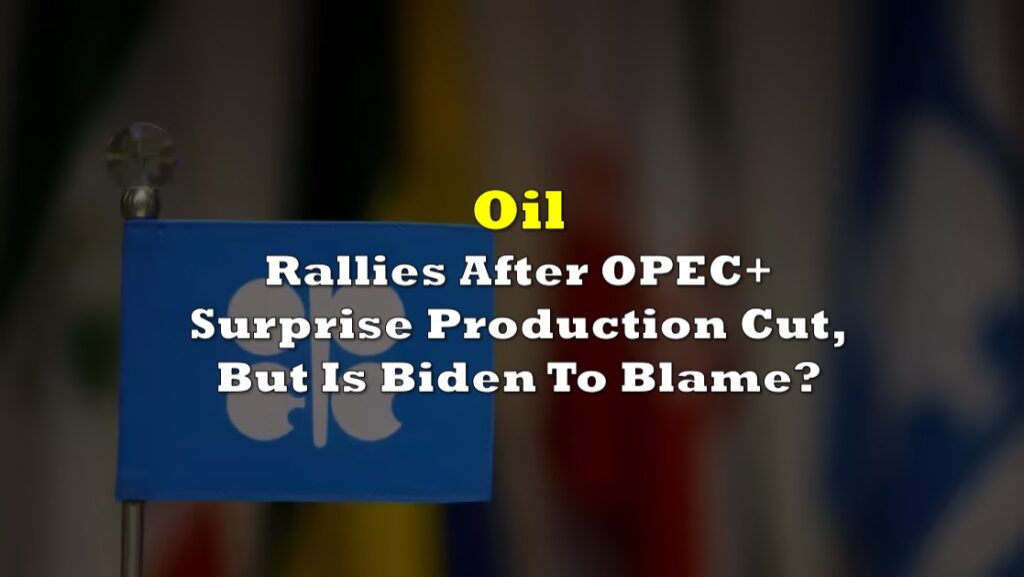Despite deep production cuts, OPEC is struggling to hold oil prices high amid concerns over global demand growth and elevated stocks. The international oil cartel, along with its allies known as OPEC+, is set to meet on June 2 to discuss their joint production policy.
Sources suggest that the group may decide to extend voluntary cuts by several months in an effort to bolster prices.
The cartel has been unable to maintain high prices due partly to the failure of its members to stick to their output targets. In March, OPEC leaders and Russia extended production cuts, pledging to reduce output by 2.2 million barrels per day until the end of June, in addition to the previously agreed cuts of 3.7 million bpd for 2024. However, the cartel is currently overproducing to such an extent that its daily output in 2024 is nearly unchanged from the last quarter of 2023.
There are also factors outside the cartel’s control, such as China’s slow growth and the United States slowing inflation. New supply from non-OPEC countries, particularly the United States, which is pumping record amounts of oil, is also adding to the market’s stability.
OPEC, founded in 1960, accounts for about 30% of the world’s oil production, while the OPEC+ coalition represents approximately 41% of global oil output. The group’s decisions can significantly impact global oil prices, as demonstrated by past events such as the 1973 Arab-Israeli War and the 2020 COVID-19 lockdowns.
Despite OPEC’s claim that its role is to regulate supply and demand rather than prices, member countries heavily depend on oil revenue, with Saudi Arabia’s budget balancing at an oil price between $90 and $100 per barrel. The current production cuts by OPEC+ amount to 5.86 million bpd, equal to about 5.7% of global demand.
Information for this story was found via the sources and companies mentioned. The author has no securities or affiliations related to the organizations discussed. Not a recommendation to buy or sell. Always do additional research and consult a professional before purchasing a security. The author holds no licenses.









